Legal Protection under IT Act Section 66
Cybercrime has become a huge threat to individuals. The organisations and even governments in modern times are the victims. With the increasing use of technology, especially the internet, there has been a p...
Legal Consultant for Corporate Cybersecurity Violations
In today’s highly interconnected world, data is one of a company's most valuable assets. With the huge growth of digital platforms, cloud services, and remote work, corporations are...
The Impact of Cybercrime Cases: A Growing Threat in the Digital Age
In an increasingly digital world, cybercrime has emerged as a formidable threat to individuals, businesses, and governments alike. From financial fraud and identity theft to ranso...
Marriage is considered a sacred bond in Indian society, but when the union becomes untenable, the law provides a legal pathway for separation — divorce. India's legal system recognizes the complexities of personal relationships and off...
Understanding POCSO: Protection of Children from Sexual Offences Act, 2012
Introduction
The Protection of Children from Sexual Offences Act (POCSO Act), enacted in 2012 by the Indian Parliament, is a landmark legislation that aims to protect chil...
Criminal Laws in India: An Overview
India’s criminal justice system is governed by a set of laws that define crimes, prescribe punishments, and regulate legal proceedings. These laws are primarily codified in three major statutes:
I...
Criminal Laws in India: An Overview of Key Legislations and Procedures
Introduction
Criminal law in India serves as a crucial mechanism to maintain public order and protect society from unlawful activities. It defines offenses, prescribes punis...
India has a comprehensive legal system based on its Constitution, which is the supreme law of the land. The legal system is influenced by British common law, traditional customs, and modern statutory laws. Here are the key categories of laws in ...
India's criminal law framework is one of the most comprehensive in the world. It is primarily governed by three major laws: the Indian Penal Code (IPC), 1860, the Code of Criminal Procedure (CrPC), 1973, and the Indian Evidence Act...
Cybercrime laws in India are governed primarily by the Information Technology Act, 2000 (IT Act) and relevant sections of the Indian Penal Code (IPC). Here’s an overview of key laws and provisions related to cybercrimes in India:...
Bail Laws: What Every Client Should Know
What is bail in simple words? Freedom with boundaries. The bail gives the person a free move but also comes with certain terms to follow. One accused needs to follow the terms for their security. While gett...
Best Cyber Crime Lawyer in Delhi.
Cyber crime refers to criminal activities carried out using computers, networks, and the internet. Here's an overview:
Types of Cyber Crime:
1. Hacking: Unauthorized access to computer systems
2. Phishi...
Bail is a crucial aspect of the criminal justice system, allowing accused individuals to be released from custody pending trial. Here's a comprehensive guide:
Types of Bail:
1. Regular Bail: Granted during trial
2. Anticipatory Bail: Grant...
Facing criminal charges can be a daunting and life-altering experience. Having a knowledgeable and experienced legal team is crucial to defending your rights and achieving the best possible outcome. In this blog, we provide an overview of criminal de...
Introduction Domestic violence is a grave issue that affects countless individuals across India. Understanding the legal protections and remedies available is crucial for victims seeking justice and safety. In this blog, we delve into the intricacies...

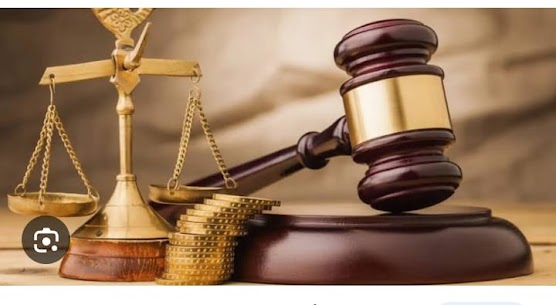
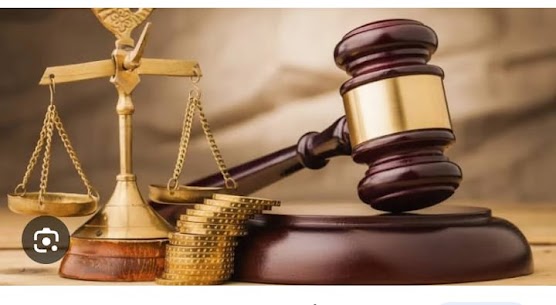
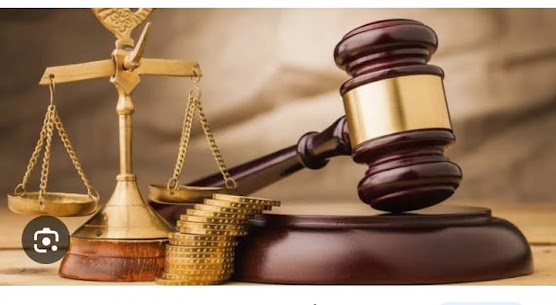
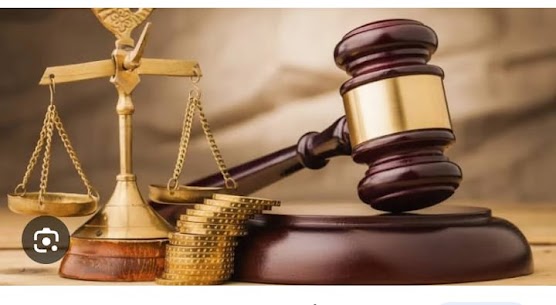
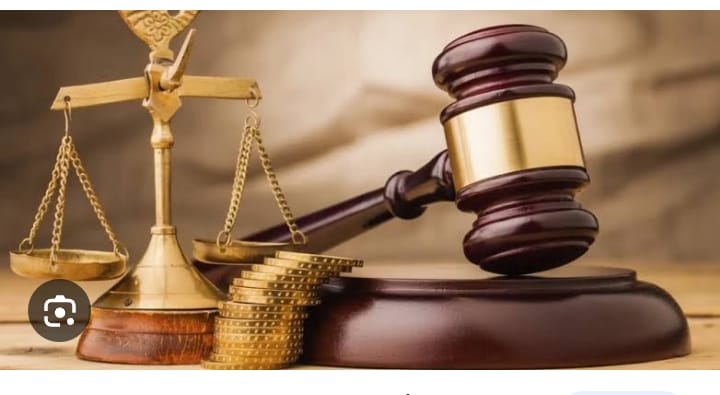

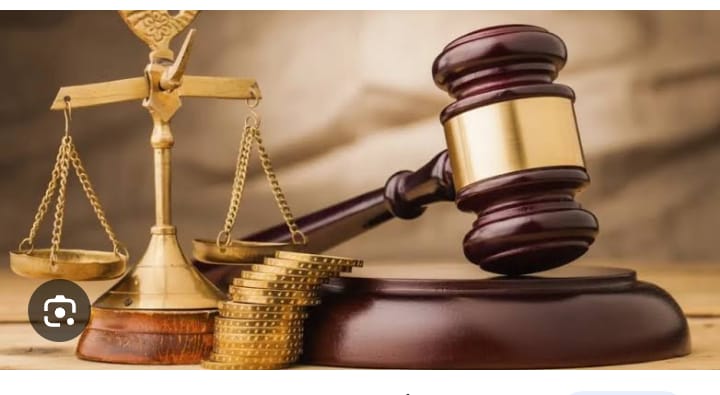
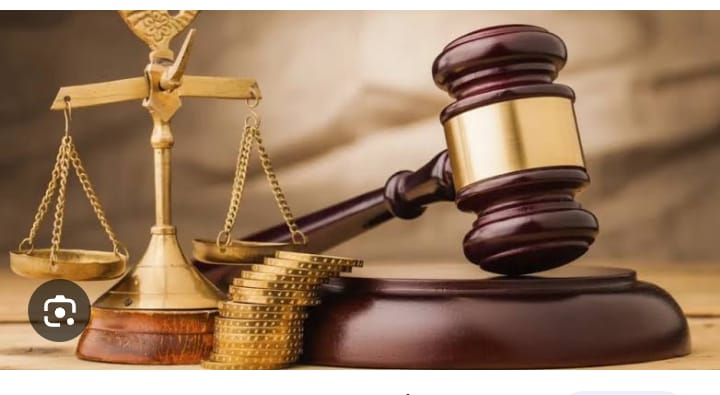
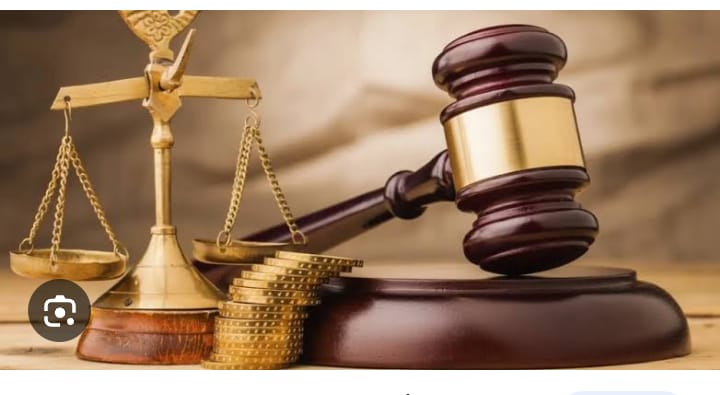
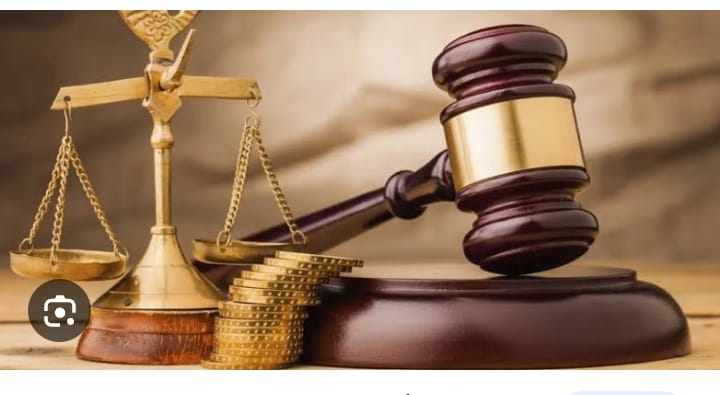

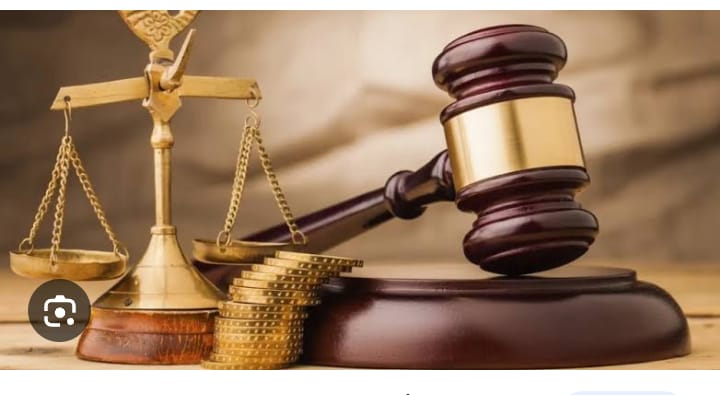
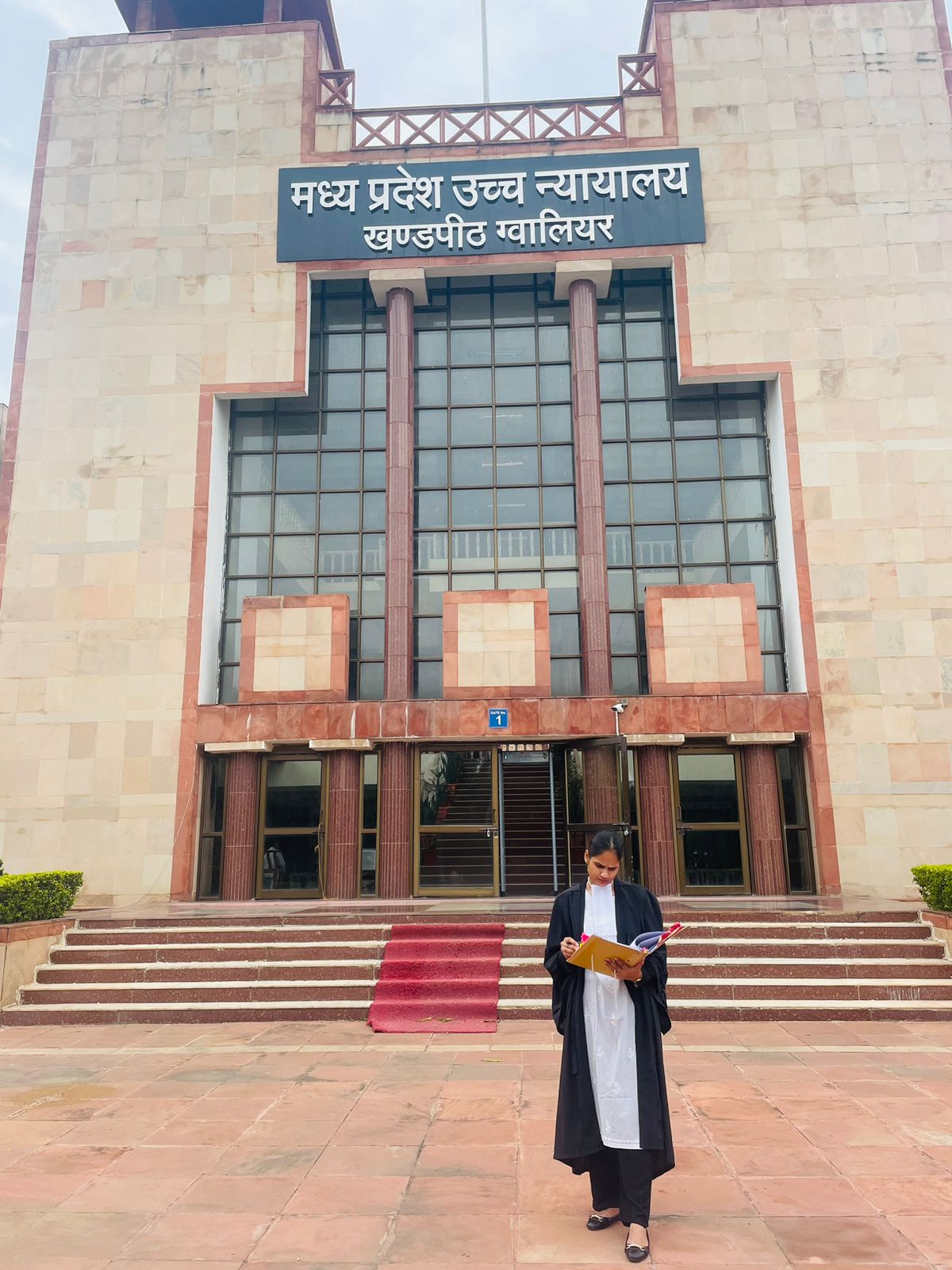

.jpg)